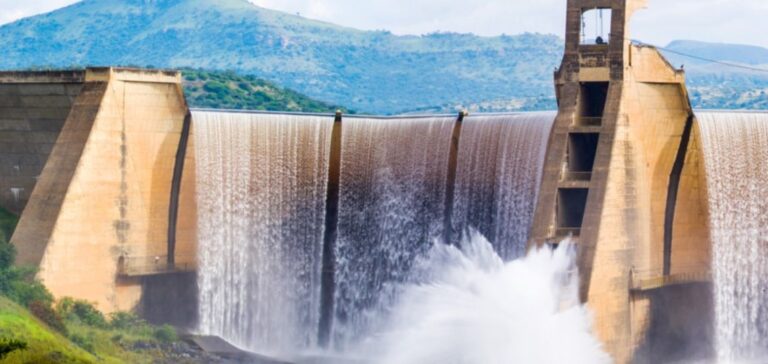Adebayo Adelabo, Nigeria’s Minister of Energy, officially launched the projects at a recent event, marking the start of the three-year, nine million euro contract. The projects, entitled “Development of small hydropower plants for agro-industrial use” (SHP-DAIN) and “Advancing Nigeria’s ecological transition to carbon neutrality through circular economy practices”, aim to enhance access to energy and promote sustainable practices.
Stakeholder involvement and support
The launch was attended by various stakeholders, including ministerial and state representatives. UNIDO is overseeing the implementation of this project, which is fully funded by the EU as part of the EU’s Multilateral Indicative Programme 2021-2027 and other EU-Nigeria cooperation initiatives. Massimo De Luca, Head of EU Cooperation, underlined the importance of Nigeria’s green transition as a central element of cooperation.
Underlying projects and their impacts
The SHP-DAIN project aims to increase the capacity of small hydro in Nigeria’s energy mix, thereby improving agricultural productivity and livelihoods, contributing to food security and job creation. The second sub-project focuses on improving the management of off-grid energy equipment and plastics through circular economy practices to mitigate pollution and greenhouse gas emissions.
Contribution of the various players
Several federal departments, including Agriculture and Rural Development, Environment, Industry, Trade and Investment, Energy and Water Resources, as well as federal agencies, commissions and banks, are involved. Selected state governments will also participate in relevant projects.
Commitment and future prospects
Balarabe Abbas Lawal, Nigeria’s Minister of the Environment, expressed his gratitude for the continued support of UNIDO and the EU, stressing the importance of regulating niche markets such as e-waste and mini-grids. Mohamed Malick Fall, UN Resident Coordinator in Nigeria, asserted that these initiatives would significantly strengthen waste management and increase agricultural productivity.
These projects, supported by international collaboration, demonstrate a strong commitment to sustainable development in Nigeria. They aim to significantly transform energy and environmental practices, while promoting sustainable economic growth.






















